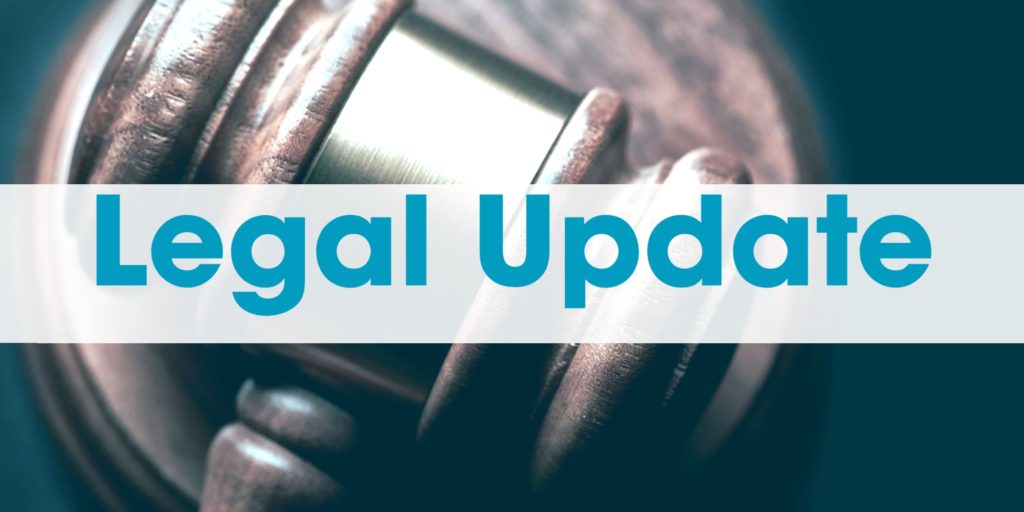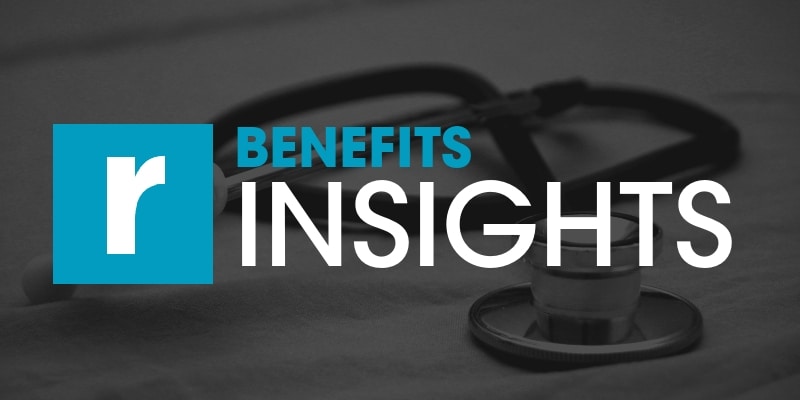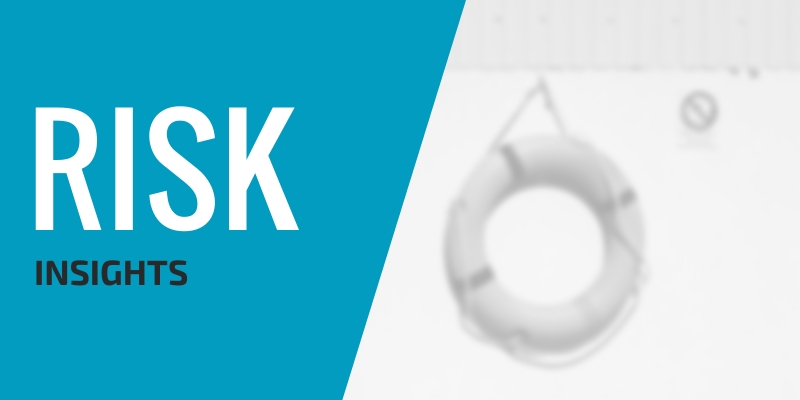Resecō
Inform Posts
24 Oct OSHA Eases Enforcement Of Powered Air-Purifying Respirator Fit-Testing
 On Oct. 2, 2020, The U.S. Occupational Safety And Health Administration (OSHA) Issued Temporary Guidance For Compliance Safety And Health Officers (CHSOs), Easing Enforcement Of Fit-Testing Requirements Under The Respiratory Protection Standard For The Use Of Tight-Fitting Powered Air Purifying Respirators (PAPRs).
On Oct. 2, 2020, The U.S. Occupational Safety And Health Administration (OSHA) Issued Temporary Guidance For Compliance Safety And Health Officers (CHSOs), Easing Enforcement Of Fit-Testing Requirements Under The Respiratory Protection Standard For The Use Of Tight-Fitting Powered Air Purifying Respirators (PAPRs).
This enforcement guidance is significant because it applies to the shortage of N95 filtering face piece respirators (FFRs) and fit-testing supplies caused by the current COVID-19 pandemic.
OSHA is currently allowing employers to use PAPRs approved for protection by the National Institute for Occupational Safety and Health (NIOSH) when N95 respirators are not available. 24 Oct DOT Extends Drug And Alcohol Remote Evaluations And Requalification To Dec. 31
 On Sept. 22, 2020, The U.S. Department Of Transportation (DOT) Extended Its COVID-19 Drug And Alcohol Testing Guidance To Dec. 31, 2020. The Extended Guidance Allows Substance Abuse Professionals (SAPs) To Perform Remote Assessments And Evaluations And Lengthens The Requalification Timeline For Service Agents Through The End Of The Year.
On Sept. 22, 2020, The U.S. Department Of Transportation (DOT) Extended Its COVID-19 Drug And Alcohol Testing Guidance To Dec. 31, 2020. The Extended Guidance Allows Substance Abuse Professionals (SAPs) To Perform Remote Assessments And Evaluations And Lengthens The Requalification Timeline For Service Agents Through The End Of The Year.
This guidance provides SAPs and other service agents with the flexibility they need to help employers comply with existing DOT drug and alcohol regulations during the COVID-19 pandemic. 24 Oct CDC Officially Endorses Masks On Public Transit
 On Monday, Oct. 18, 2020, The Centers For Disease Control And Prevention (CDC) Officially Encouraged Passengers To Wear Masks While On Public Transportation. This Guidance Comes More Than Seven Months Into The COVID-19 Pandemic, And Many States And Transportation Providers—Especially Airlines—Already Enforce Mask Requirements.
On Monday, Oct. 18, 2020, The Centers For Disease Control And Prevention (CDC) Officially Encouraged Passengers To Wear Masks While On Public Transportation. This Guidance Comes More Than Seven Months Into The COVID-19 Pandemic, And Many States And Transportation Providers—Especially Airlines—Already Enforce Mask Requirements.
The CDC’s announcement is nowhere near a nationwide mask mandate; it is merely a “strong recommendation.” However, the CDC’s position may strengthen the efforts of transportation providers and state officials who have already been requiring masks while on public transit. 24 Oct CDC Redefines “Close Contact” Under COVID-19 Guidance
 On Wednesday, Oct. 21, 2020, The Centers For Disease Control And Prevention (CDC) Clarified What “Close Contact” Means As It Relates To COVID-19-Prevention Guidance.
On Wednesday, Oct. 21, 2020, The Centers For Disease Control And Prevention (CDC) Clarified What “Close Contact” Means As It Relates To COVID-19-Prevention Guidance.
Previously, the CDC defined close contact as spending 15 straight minutes within 6 feet of another person. Now, the organization redefined the term to mean a total of 15 minutes within a 24-hour period. That means short, repeated contacts throughout the day count toward that 15-minute threshold. 24 Oct Last-Minute Open Enrollment Considerations
 The COVID-19 Pandemic Has Upturned Everything This Year. So, It’s Understandable If You Are A Little Less Prepared For Open Enrollment At This Point. However, There’s Still Time To Address Open Enrollment With Employees In Meaningful Ways. Doing So Will Help Them Get The Most From Their Benefits, Which Are Especially Valuable In These Uncertain Times.
The COVID-19 Pandemic Has Upturned Everything This Year. So, It’s Understandable If You Are A Little Less Prepared For Open Enrollment At This Point. However, There’s Still Time To Address Open Enrollment With Employees In Meaningful Ways. Doing So Will Help Them Get The Most From Their Benefits, Which Are Especially Valuable In These Uncertain Times.
This article outlines a few last-minute strategies for maximizing open enrollment for your employees. 24 Oct IRS Provides Transition Relief For 2020 ACA Reporting
 On Oct. 2, 2020, The Internal Revenue Service (IRS) Issued Notice 2020-76 To:
On Oct. 2, 2020, The Internal Revenue Service (IRS) Issued Notice 2020-76 To:
- Extend the due date for furnishing forms under Sections 6055 and 6056 for 2020 from Feb. 1, 2021, to March 2, 2021; and
- Provide a final extension of good-faith transition relief from penalties related to 2020 information reporting under Sections 6055 and 6056; and
- Provide additional penalty relief related to furnishing 2020 forms to individuals under Section 6055. Under this relief, employers will only have to provide Form 1095-B to covered individuals upon request.
24 Oct Final Forms And Instructions For 2020 ACA Reporting Released
 The Internal Revenue Service (IRS) Released Final 2020 Forms And Instructions For Reporting Under Internal Revenue Code (Code) Sections 6055 And 6056.
The Internal Revenue Service (IRS) Released Final 2020 Forms And Instructions For Reporting Under Internal Revenue Code (Code) Sections 6055 And 6056.
- 2020 Form 1094-B and Form 1095-B (and related instructions) will be used by providers of minimum essential coverage (MEC), including self-insured plan sponsors that are not ALEs, to report under Section 6055.
- 2020 Form 1094-C and Form 1095-C (and related instructions) will be used by applicable large employers (ALEs) to report under Section 6056, as well as for combined Section 6055 and 6056 reporting by ALEs who sponsor self-insured plans.
24 Oct Draft Instructions For 2020 ACA Reporting Released
 The Internal Revenue Service (IRS) Released Draft 2020 Instructions Related To Forms For Reporting Under Internal Revenue Code (Code) Sections 6055 And 6056. Draft Forms For This Reporting Were Released In July 2020.
The Internal Revenue Service (IRS) Released Draft 2020 Instructions Related To Forms For Reporting Under Internal Revenue Code (Code) Sections 6055 And 6056. Draft Forms For This Reporting Were Released In July 2020.
- 2020 draft Forms 1094-Band 1095-B and related draft instructions will be used by providers of minimum essential coverage (MEC), including self-insured plan sponsors that are not ALEs, to report under Section 6055.
- 2020 draft Forms 1094-Cand 1095-C and related draft instructions will be used by applicable large employers (ALEs) to report under Section 6056, as well as for combined Section 6055 and 6056 reporting by ALEs who sponsor self-insured plans.


 Alternative Fuels Are Being Used More Today To Fuel Commercial Fleets. Compared To Using Other Types Of Fuel, Using Alternative Fuels Such As Compressed Natural Gas (CNG) And Liquified Natural Gas (LNG) Has Great Benefits For Employers. Some Of These Benefits Include Fewer Emissions, Reduced Operating Costs And Price Stability.
Alternative Fuels Are Being Used More Today To Fuel Commercial Fleets. Compared To Using Other Types Of Fuel, Using Alternative Fuels Such As Compressed Natural Gas (CNG) And Liquified Natural Gas (LNG) Has Great Benefits For Employers. Some Of These Benefits Include Fewer Emissions, Reduced Operating Costs And Price Stability.